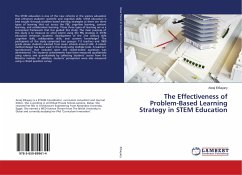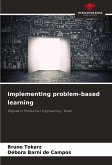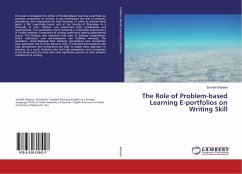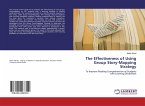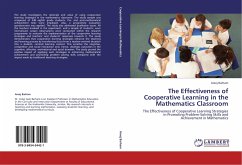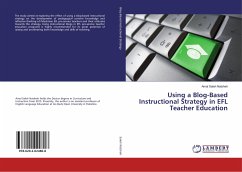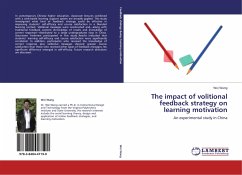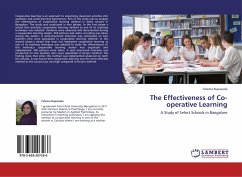The STEM education is one of the new reforms in the science education that enhances students' scientific and cognitive skills. STEM education is best taught through problem based learning strategies as there are three types of learning that cut across the PBL; cognitive learning, content learning, and collaborative learning. These three types of learning set as a conceptual framework that has guided this study. The main purpose of this study is to measure to what extent using the PBL strategy in STEM education enhances students' development of the 21st century skills :cognitive skills, collaborative skills, and content knowledge? The participants of the study comprised two groups: 112 teachers and 1800 grade eleven students selected from seven schools around UAE. A mixed-method design has been used in this study using multiple tools. A teachers' questionnaire that included open and closed-ended questions was administered. The students' achievements have been measured qualitatively using rubrics and quantitatively by collecting students' scores from the Robotics module. In addition, students' perceptions were also measured using a closed question survey.
Bitte wählen Sie Ihr Anliegen aus.
Rechnungen
Retourenschein anfordern
Bestellstatus
Storno

